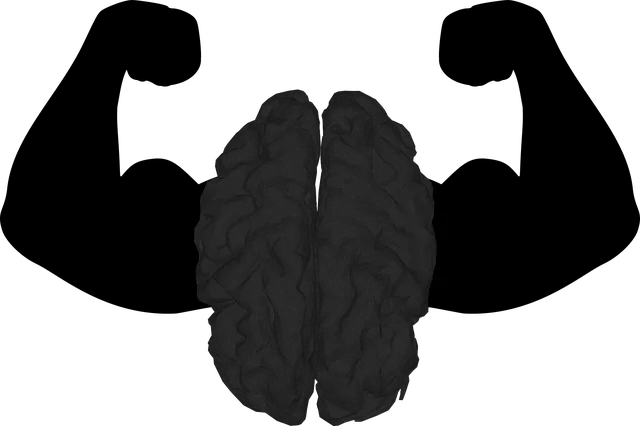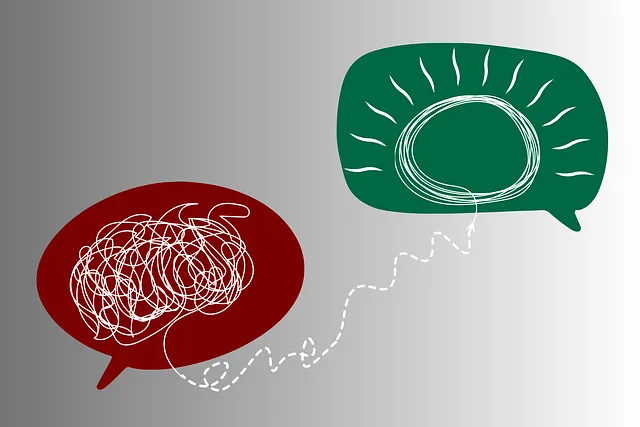The Kaiser Permanente Mental Health Center Englewood prioritizes cultural diversity and sensitivity in patient care, addressing gaps in healthcare delivery. Through initiatives like podcasts and workshops, they create an inclusive environment that respects different backgrounds. Mental health professionals employ culturally competent practices, offering tailored trauma support and evidence-based treatments to improve outcomes. Effective communication strategies empower patients from diverse cultures, fostering understanding and enhancing the overall quality of care at the center.
Cultural sensitivity is a cornerstone of quality care, especially in diverse communities served by institutions like Kaiser Permanente mental health center Englewood. This article explores strategies for culturally competent practice within the context of Kaiser Permanente Englewood, focusing on improving patient-clinician relationships and empowering patients from various backgrounds. We discuss key impacts of cultural sensitivity, offer practical guides, share case studies, and highlight best practices to ensure equitable mental healthcare.
- Understanding Cultural Diversity in Mental Healthcare at Kaiser Permanente Englewood
- The Impact of Cultural Sensitivity on Patient-Clinician Relationships
- Strategies for Culturally Competent Practice: A Guide for Mental Health Professionals
- Empowering Patients from Diverse Backgrounds: Case Studies and Best Practices
Understanding Cultural Diversity in Mental Healthcare at Kaiser Permanente Englewood

At Kaiser Permanente Englewood, recognizing and understanding cultural diversity is an integral part of providing holistic mental healthcare services. This mental health center caters to a diverse range of patients from various ethnic, cultural, and linguistic backgrounds, ensuring that every individual receives care tailored to their unique needs. The team at Kaiser Permanente Englewood is dedicated to creating a safe and inclusive environment, where differences are celebrated and respected.
Through the Mental Wellness Podcast Series Production, they offer culturally sensitive content that addresses specific challenges faced by diverse communities. Additionally, educational workshops on Burnout Prevention and Emotional Well-being Promotion Techniques empower patients and caregivers with tools to navigate mental health journeys while embracing their cultural identities. These initiatives reflect Kaiser Permanente Englewood’s commitment to bridging cultural gaps in healthcare delivery, ultimately enhancing the quality of care for all its diverse clientele.
The Impact of Cultural Sensitivity on Patient-Clinician Relationships

In the diverse communities served by Kaiser Permanente mental health centers like Englewood, cultural sensitivity is not just a practice but a cornerstone of patient-clinician relationships. It fosters an environment where individuals from various ethnic, cultural, and socioeconomic backgrounds feel understood and valued. When clinicians demonstrate cultural awareness, patients are more likely to share their unique perspectives and experiences, leading to deeper insights into their mental health struggles. This open dialogue can significantly enhance treatment outcomes, as it allows for tailored interventions that resonate with each patient’s cultural identity.
Cultural sensitivity plays a pivotal role in building trust and strengthening the bond between patients and healthcare providers. By incorporating cultural context into therapy sessions, clinicians at Kaiser Permanente can offer more inclusive and effective care. This approach not only addresses symptoms of conditions like depression but also supports overall mental wellness through initiatives such as journaling exercises and confidence-boosting strategies tailored to diverse cultural needs. Such patient-centered practices contribute to the overall mission of the Englewood mental health center to provide equitable access to high-quality mental healthcare services.
Strategies for Culturally Competent Practice: A Guide for Mental Health Professionals

Mental health professionals at Kaiser Permanente mental health center Englewood play a pivotal role in bridging cultural divides to offer effective care. Navigating diverse cultural landscapes requires more than basic knowledge; it demands strategies for culturally competent practice. This approach involves a deep understanding of patients’ backgrounds, values, and beliefs, which can significantly enhance therapy outcomes. By adopting these strategies, professionals at the Kaiser Permanente mental health center Englewood ensure that every patient receives tailored support, fostering an environment where individuals feel safe to share their unique experiences.
Guided by principles of cultural sensitivity, practitioners are equipped to deliver trauma-support services that resonate with diverse populations. This involves tailoring risk assessments for mental health professionals to account for potential cultural biases and incorporating evidence-based practices that respect individual differences. As a result, the center’s patient care becomes not just responsive but proactive, boosting confidence among individuals from various cultural backgrounds seeking mental health support.
Empowering Patients from Diverse Backgrounds: Case Studies and Best Practices

At the Kaiser Permanente mental health center Englewood, empowering patients from diverse backgrounds is a cornerstone of their practice. Through case studies and best practices, the center has highlighted effective communication strategies that bridge cultural gaps. These include encouraging open dialogue, actively listening to patients’ narratives, and incorporating culturally relevant resources and techniques. For instance, providers might use specific emotional well-being promotion techniques tailored to individual needs, such as mindfulness practices from a patient’s traditional culture.
By fostering an environment where patients feel understood and respected, the Kaiser Permanente mental health center Englewood promotes emotional regulation and healing. They emphasize the importance of cultural sensitivity in every interaction, recognizing that it significantly impacts treatment outcomes. This approach not only enhances the quality of care but also strengthens the therapeutic relationship between providers and diverse patient populations.
Cultural sensitivity is a cornerstone of effective mental healthcare, as demonstrated by initiatives at Kaiser Permanente’s Englewood mental health center. By understanding cultural diversity, improving patient-clinician relationships, and adopting culturally competent practices, professionals can create inclusive environments that empower patients from diverse backgrounds. This approach not only enhances treatment outcomes but also fosters stronger communities, reflecting the transformative potential of culturally sensitive mental healthcare in the modern era.






